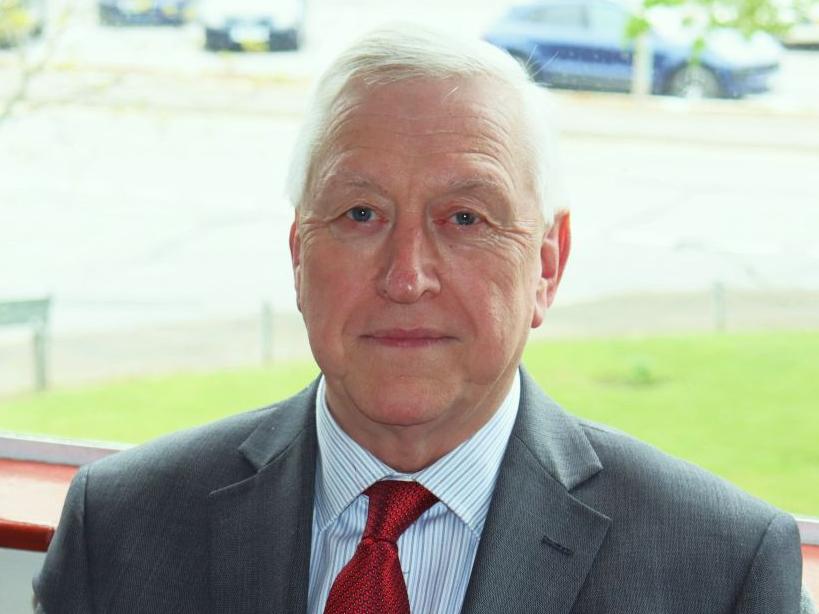Snowboarding showcase for biocomposites

Innovative biocomposite materials are heading for the slopes, after engineers at the AMRC Composite Centre produced a prototype snowboard from flax, cashew nut husks and recycled plastic.
The team are investigating the potential use of these biocomposites for electric vehicles and other applications. Indeed, the aerospace and automotive sectors are increasingly using composite materials for their combination of low weight and high strength, which can provide significant improvements in fuel efficiency. These materials are usually made up of carbon or glass fibres embedded in an epoxy resin derived from petrochemicals. These materials are energy-intensive to manufacture, and are not easily recyclable or biodegradable when they reach the end of their lives. Replacing some or all of these raw materials with sustainable alternatives can significantly improve the environmental performance of composites manufacturing. The AMRC Composite Centre started working with biocomposites as part of E-Light, a collaborative European project to investigate new lightweight materials for electric vehicles. The team investigated the use of fibres from flax and bamboo as well as an epoxy resin derived from cashew nut husks which would normally go to waste, and produced two fairing panels for the AMRC’s Mantra lorry as showpieces. Some of the young researchers at the AMRC Composite Centre then started looking at the potential for these materials in an area of special personal interest: snowboarding. The team launched an internal project which became known as SUSC: Snowboard Using Sustainable Composites. “Snowboards need to be stiff, strong and light, so are typically made from glass fibre or carbon fibre composite with a wooden core,” says development engineer, Craig Atkins. “We decided to take a look at replacing these with more sustainable materials. Flax is a relatively cheap biomaterial, with good mechanical properties, and a very good candidate for use in snowboards.” The team produced two boards from flax fibres embedded in a resin containing 30% of cashew shell epoxy. The core was made from recycled PET foam, derived from old plastic bottles and other waste. One board is currently being put through its paces by one of the AMRC team, Alistair Murray, during a sabbatical in the Canadian mountains. The other is on show at the centre, having drawn interest from businesses at the Composites Engineering Show at NEC in November as well as from the extreme sports community. The AMRC team continues to develop biocomposites for a range of transport applications. “There are a number of areas we need to investigate before these biocomposites can go into commercial production,” adds Dr Tim Swait, AMRC research engineer. “We will research how we can increase the concentration of fibres to give material properties that are at least a match for synthetic composites, and how we design the lay-up for a biocomposite component to optimise its performance. We’re also investigating other techniques to improve the energy efficiency of composites manufacturing, such as microwave curing, and whether these can be applied to biomaterials.” The University of Sheffield Advanced Manufacturing Research Centre (AMRC) with Boeing is a world-class centre for advanced machining and materials research for aerospace and other high-value manufacturing sectors. It is a partnership between industry and academia, which has become a model for research centres worldwide. Alongside Boeing, the AMRC identifies researches and resolves advanced manufacturing problems, with a focus on developing new technologies and processes for machining high-performance metal alloys used in aerospace and other industries. The AMRC Composite Centre was launched in 2008 and moved into a dedicated extension to the AMRC Factory of the Future in 2012. Picture: AMRC Composite Centre development engineer Craig Atkins poses with the SUSC biocomposite snowboard. www.amrc.co.uk www.elight-project.eu






